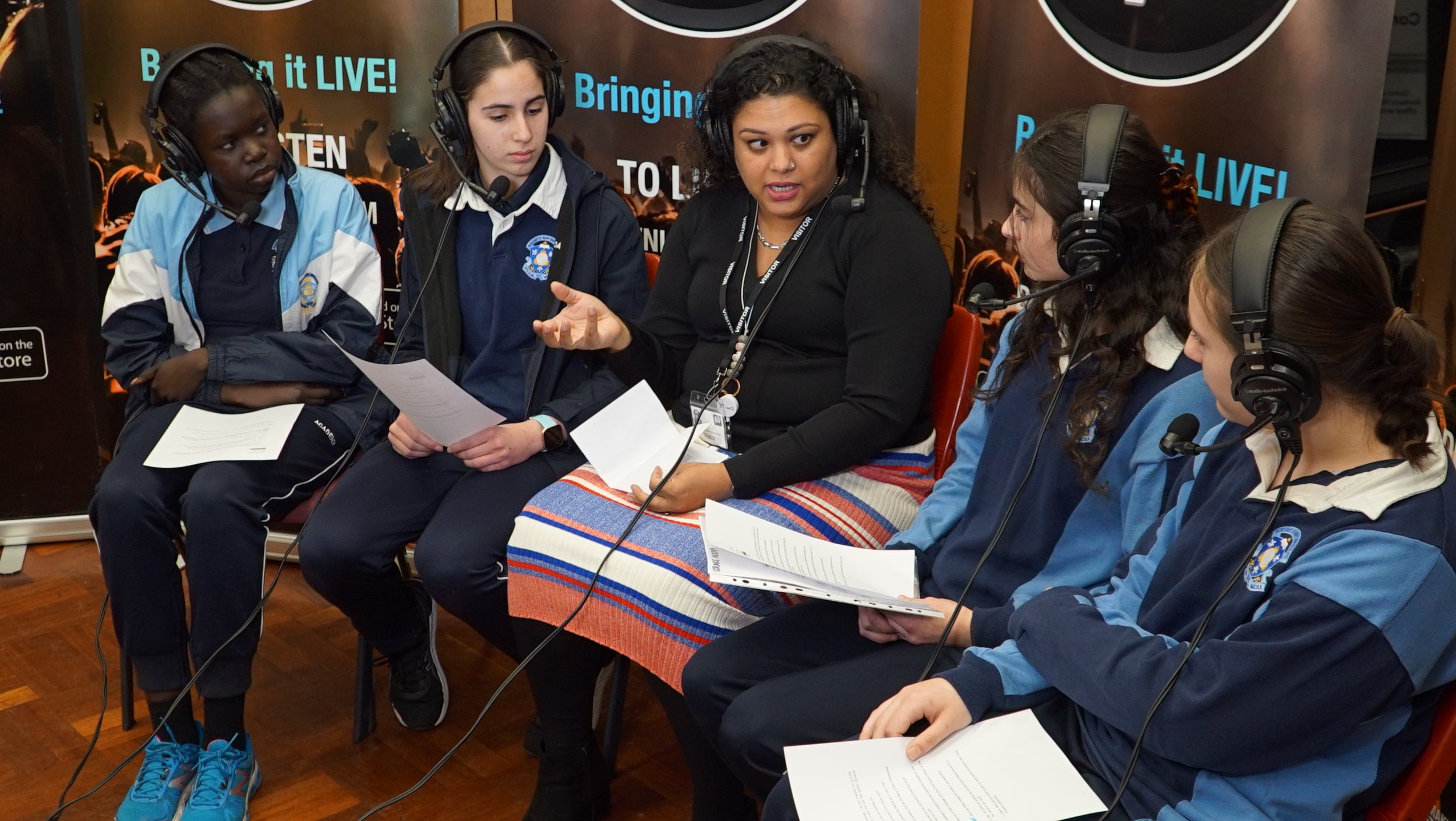In the evolving landscape of education, the shift towards student-centered learning has gained significant momentum. This approach prioritizes the interests, experiences, and learning paces of students, fostering a more engaged and personalized educational journey. An innovative tool that aligns perfectly with this paradigm is podcasting. By guiding students through the process of creating, producing, presenting, and promoting their own podcasts, educators can offer a platform for authentic agency and a truly student-centered learning experience. This blog explores the myriad ways in which podcasting can be utilized to amplify student voices and tailor learning experiences to meet individual and collective needs.
Production: Fostering Ownership and Engagement
The initial phase of podcast production is a prime opportunity for students to take ownership of their learning. By choosing topics of personal or communal interest, students are invested from the outset, conducting research and developing scripts with genuine curiosity and motivation. This autonomy in topic selection not only enhances engagement but also encourages students to delve deeper into subjects they are passionate about, fostering a love for learning that transcends the classroom. The production stage, therefore, becomes a foundation for developing critical thinking and research skills within a framework that values student choice and voice.
Producing: Encouraging Collaboration and Technical Skill Development
The act of producing a podcast introduces students to a suite of technical skills, from audio recording to editing. Learning these skills within the context of a self-chosen project not only makes the process more engaging but also empowers students with practical knowledge applicable in various future endeavors. Moreover, podcast production often requires teamwork, promoting collaboration, communication, and problem-solving among peers. This collaborative environment mirrors real-world scenarios, preparing students for future academic and professional projects while emphasizing the value of diverse perspectives and collective effort.
Presenting: Building Confidence and Communication Skills
Presenting a podcast allows students to develop and showcase their communication skills, sharing their findings, insights, and stories with an audience. This stage of the process not only builds confidence in public speaking but also encourages reflection on how to effectively convey messages to engage and inform listeners. Through presenting their podcasts, students learn to anticipate audience questions and feedback, fostering an adaptive and responsive approach to communication. This experience is invaluable in building self-efficacy and reinforcing the importance of audience awareness in all forms of discourse.
Promoting: Understanding Audience and Cultivating Digital Literacy
The promotion of their podcast teaches students about audience engagement and digital marketing strategies, providing them with insights into the digital landscape that dominates much of today's communication. By navigating social media platforms, community forums, and other promotional channels, students gain practical experience in digital literacy, learning how to safely and effectively disseminate their work. This phase not only enhances their understanding of the digital world but also empowers them to make informed decisions about their online presence and interactions.
The Role of Podcasting in Student-Centered Learning
Podcasting stands out as a potent tool for adopting a student-centered approach to learning, providing a platform for students to express themselves, explore their interests, and engage with broader communities. By encompassing the entire process of creating a podcast, students are afforded authentic agency over their learning, making education a more personalized, relevant, and engaging experience. This methodology not only respects the individuality of each student but also prepares them for the complexities of the modern world, where adaptability, digital literacy, and effective communication are paramount.
Conclusion
Incorporating podcasting into the curriculum is a forward-thinking strategy that places students at the heart of their educational journey. Through podcasting, educators can offer a learning experience that is not only informative and skill-building but also deeply empowering. As students navigate the challenges and rewards of producing their own podcasts, they develop a sense of ownership, agency, and pride in their work. Let's embrace the potential of podcasting to transform the classroom into a space where every student feels valued, heard, and capable of shaping their path to discovery and growth.
Ralph Barba
LIVE FM Executive Producer & former teacher
For more information email:
